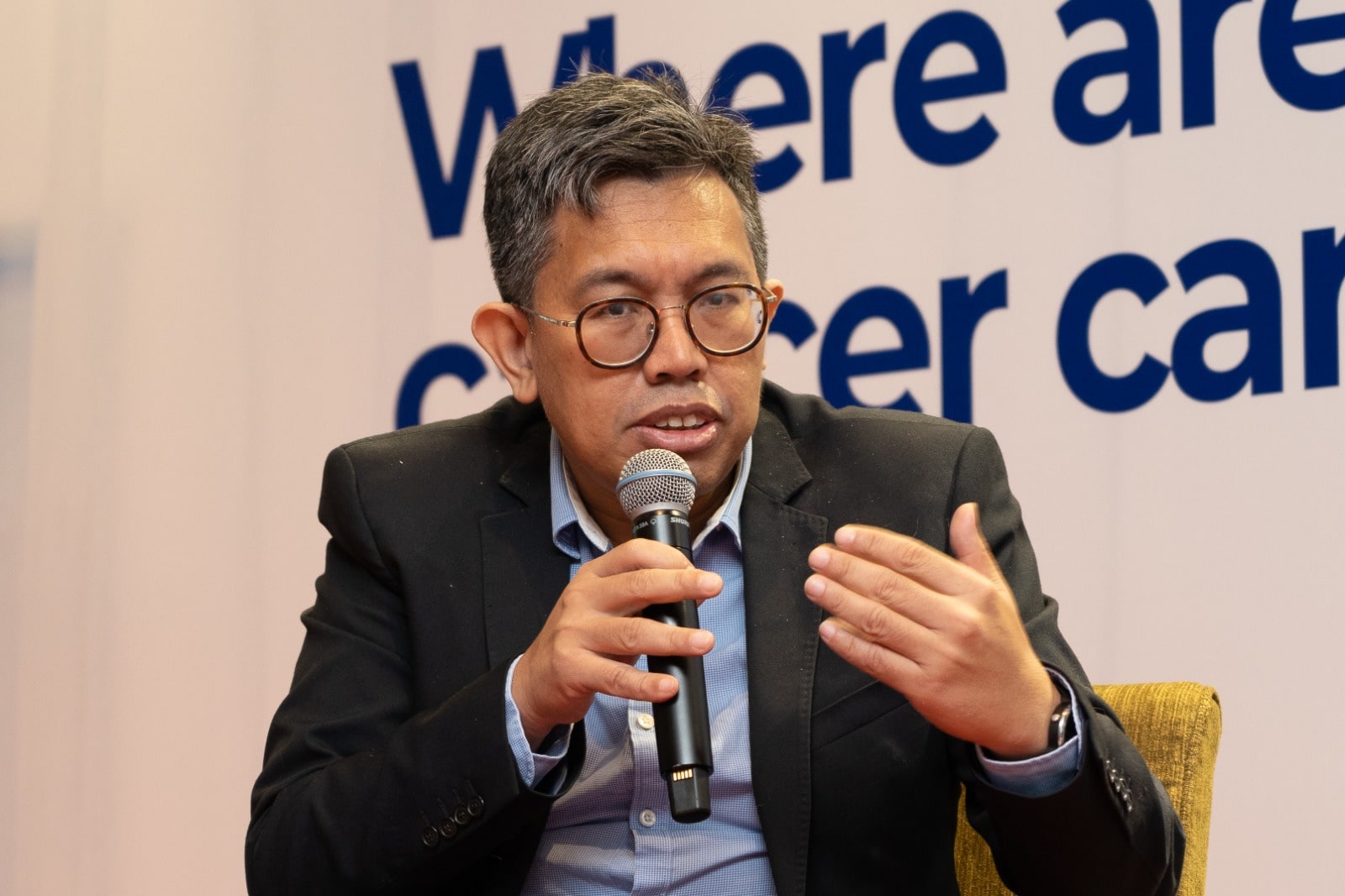KUALA LUMPUR, July 27 – The Galen Centre for Health and Social Policy today expressed disappointment in Prime Minister Anwar Ibrahim’s “Madani Economy” vision for failing to recognise the role of health and health care.
Anwar’s speech earlier today on his “Madani Economy” vision for the next 10 years only listed general motherhood statements on health, mostly from the Health White Paper – a document outlining health reforms over 15 years – that was passed by Parliament last month.
These included a “whole of society” approach to primary health care, moving health care from a curative to preventive approach, and setting up a national infectious disease centre in Negeri Sembilan.
The prime minister also expressed the government’s commitment to raise health care spending to 5 per cent of the country’s gross domestic product (GDP) by “optimising the public and private health care systems”.
It’s unclear what Anwar meant by this, as Malaysia’s total health expenditure across the public and private sectors has already reached 5.1 per cent of the GDP in 2021.
That year, according to the Ministry of Health’s (MOH) Malaysia National Health Accounts (MNHA), Malaysia spent RM78.2 billion in total health expenditure (about 58 per cent public and 42 per cent private).
“Worryingly, the architects of the economic vision seem to lack awareness and recognition of the challenges and consequences posed by a population whose health is worsening and ageing,” Galen Centre chief executive Azrul Mohd Khalib said in a statement.
“People who are sick and infirm will be disadvantaged and unable to participate in the benefits of this economic vision. They may be left behind or seen as liabilities and a burden.
“Malaysia’s economic future depends on the health of its people.”
Azrul highlighted the non-communicable disease (NCD) crisis in Malaysia, particularly with diabetes, high blood pressure, high cholesterol, and overweight or obesity, among others.
“NCDs accounted for 67 per cent of premature deaths, and 70 per cent of diseases. Dealing with cancer, diabetes, and cardiovascular disease alone is costing the country at least RM22.5 billion annually.”
Azrul noted that dealing with cancer, diabetes, and cardiovascular disease alone is costing the country at least RM22.5 billion annually.
“More and more Malaysians are facing catastrophic health expenditure due to these diseases. Ill health will cause households to fall into poverty, degrade social mobility, cause disability, take away economic gains, reduce productivity, reduce educational opportunities, erode investment returns, and cause the premature death of workers,” Azrul said.
“This was left out of the challenges identified. Not recognising and responding to this challenge will cause Malaysia to fail its United Nations Human Development Index target.”
Anwar’s speech had mentioned targeting to raise Malaysia to 25th position in the United Nations Human Development Index.
“Health is more than a line item in the federal budget and expenditure,” Azrul said, pointing out that the health sector contributes billions to the economy and hires hundreds of thousands of workers.
The pharmaceutical sector alone contributes at least RM6 billion to Malaysia’s GDP annually. The public and private health sector combined employ more than 450,000 health care workers.
“Clinical trials conducted here bring in hundreds of millions in foreign investment. The surrounding countries such as Thailand, Singapore and Indonesia, are rapidly building new pockets of economic growth centred around innovative health care services,” Azrul said.
He also highlighted the need to invest in the training and retention of health care workers in the country, beyond simply building more hospitals, clinics, and health care facilities.
Anwar had talked about expediting repairs of dilapidated clinics. However, his speech failed to address staffing shortages, particularly in the public health service, stretching across all levels of expertise among doctors, from house officers to subspecialists.
Private hospitals also have been complaining about the shortage of nurses in the country, forcing them to ask for liberalisation of the health labour market to bring in foreign nurses.
The prime minister mentioned the government’s initiative to build a care economy, but had put this in the context of child care centres to improve women’s labour force participation rate.
Anwar failed to mention care for the elderly and incapacitated – which is what a care economy is about.
“This country has been deemed to be ill-prepared and unable to support the needs of an ageing population,” Azrul said.
“The life expectancy of Malaysian men and women have risen to 72 and 77 years respectively. Malaysia is already facing many of the same challenges experienced by Japan, Hong Kong and Australia.
“The Department of Statistics estimated that 3.5 million people or 7 per cent of Malaysians are above 65 years of age. It projects that by 2030, at least one in 10 people will be 65 or older or surpassing 15 per cent of the total population.
“The care economy which needs to be developed today involves providing essential support and specialised services for the aged, such as disability and care, social and financial security systems, welfare services, and realistic retirement schemes.
“For at least the past two decades, expecting family members to take full care of their elderly parents and grandparents has been an unrealistic prospect for many who are struggling through the rising cost of living.”








